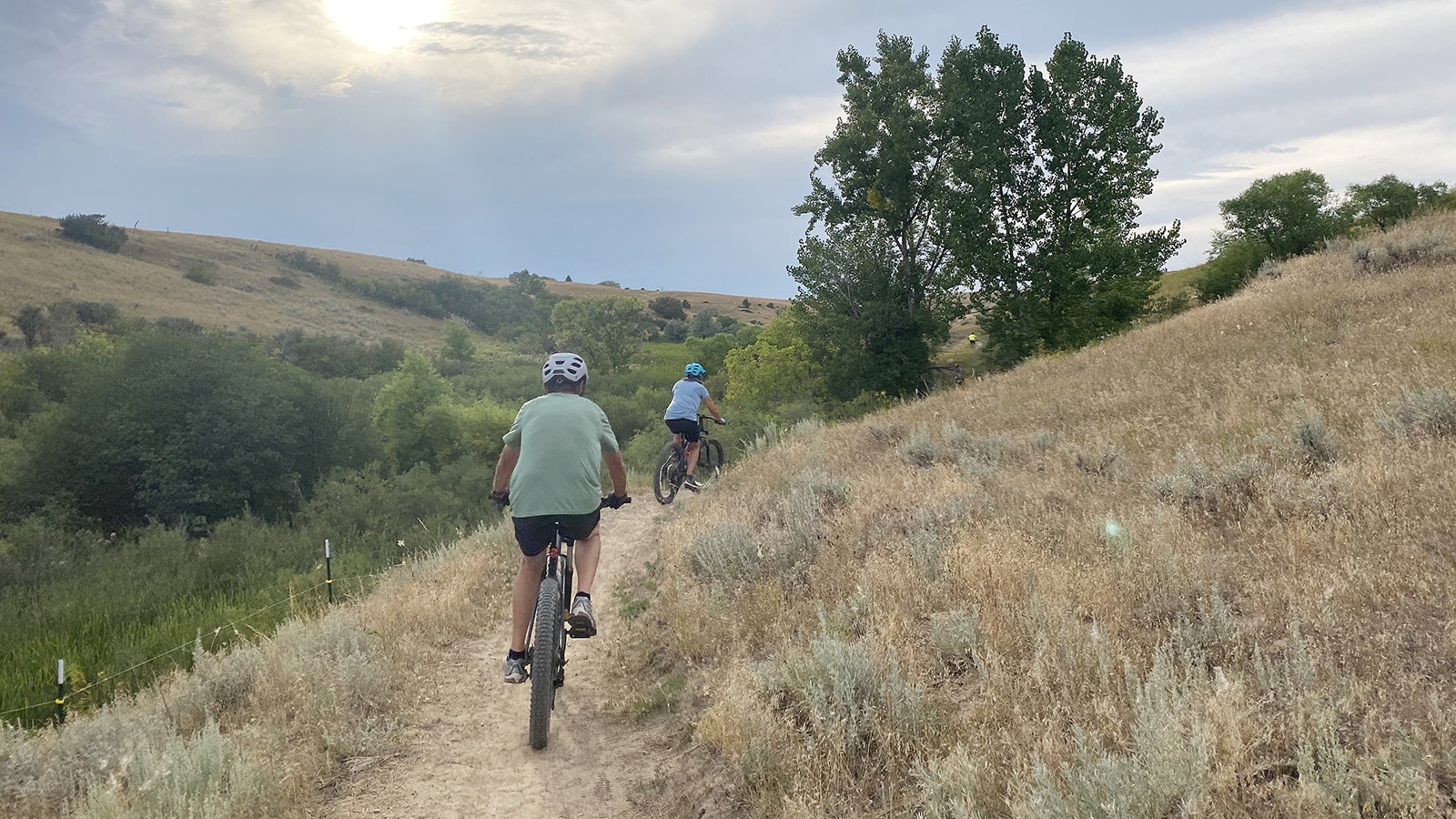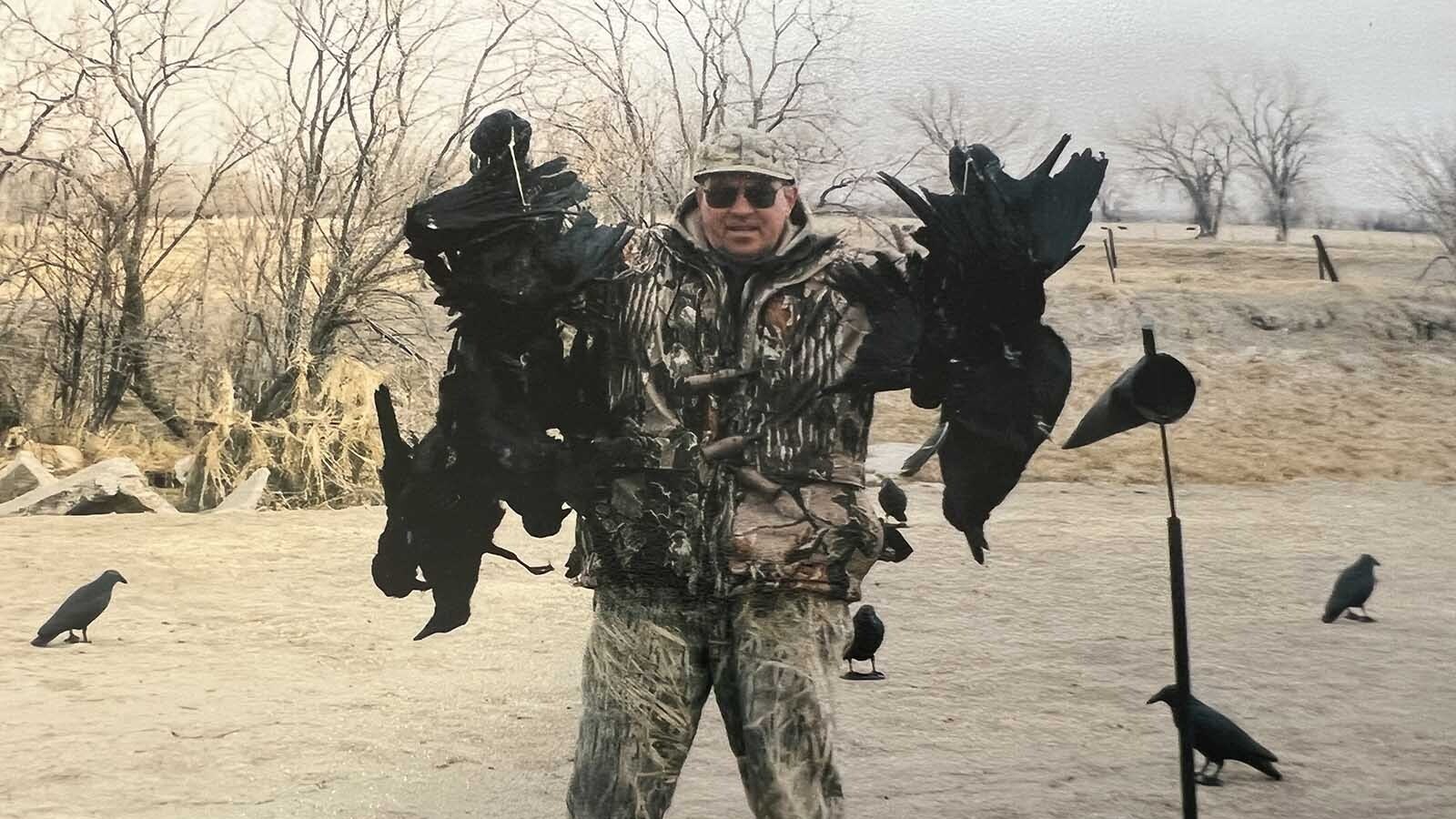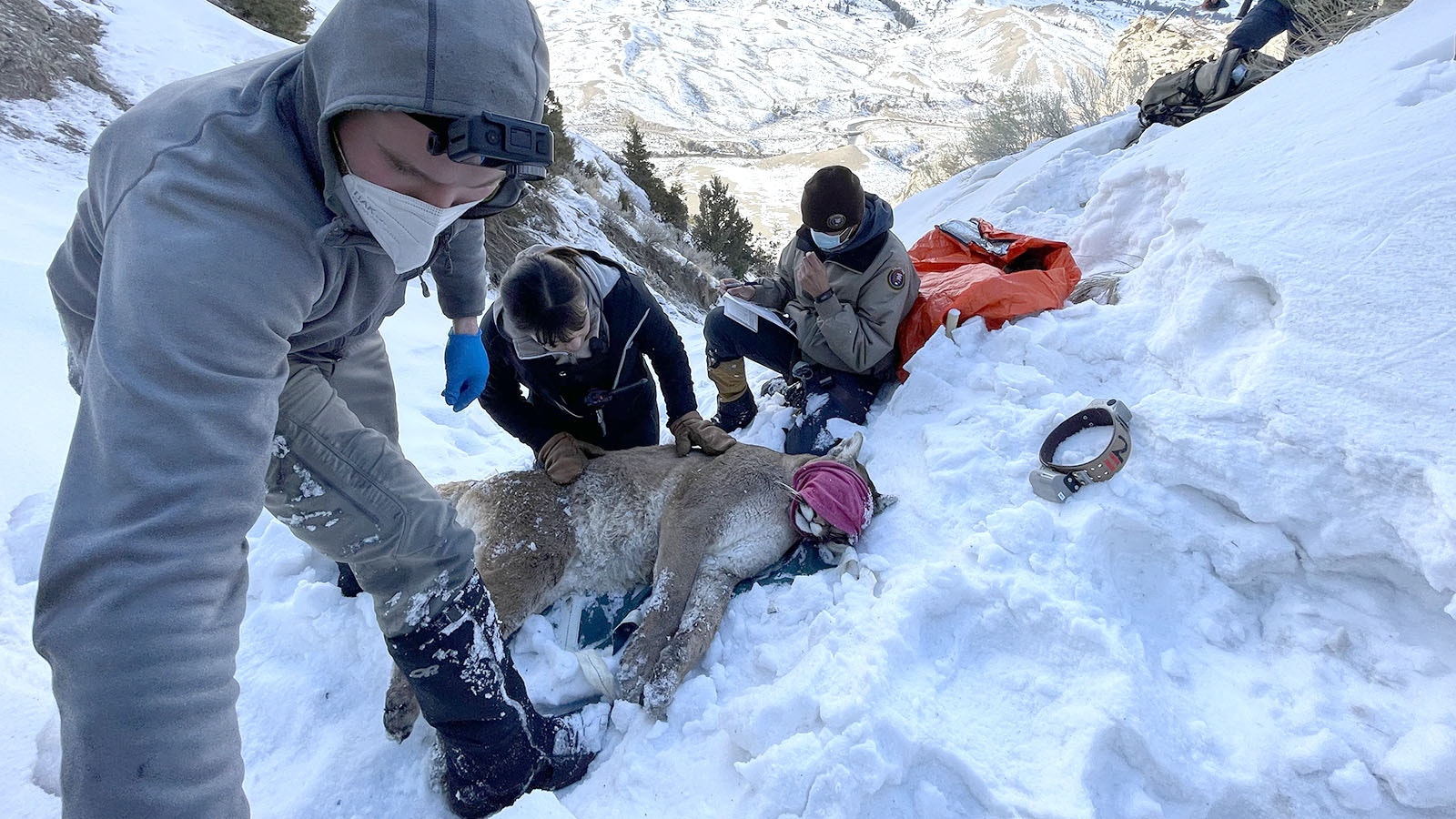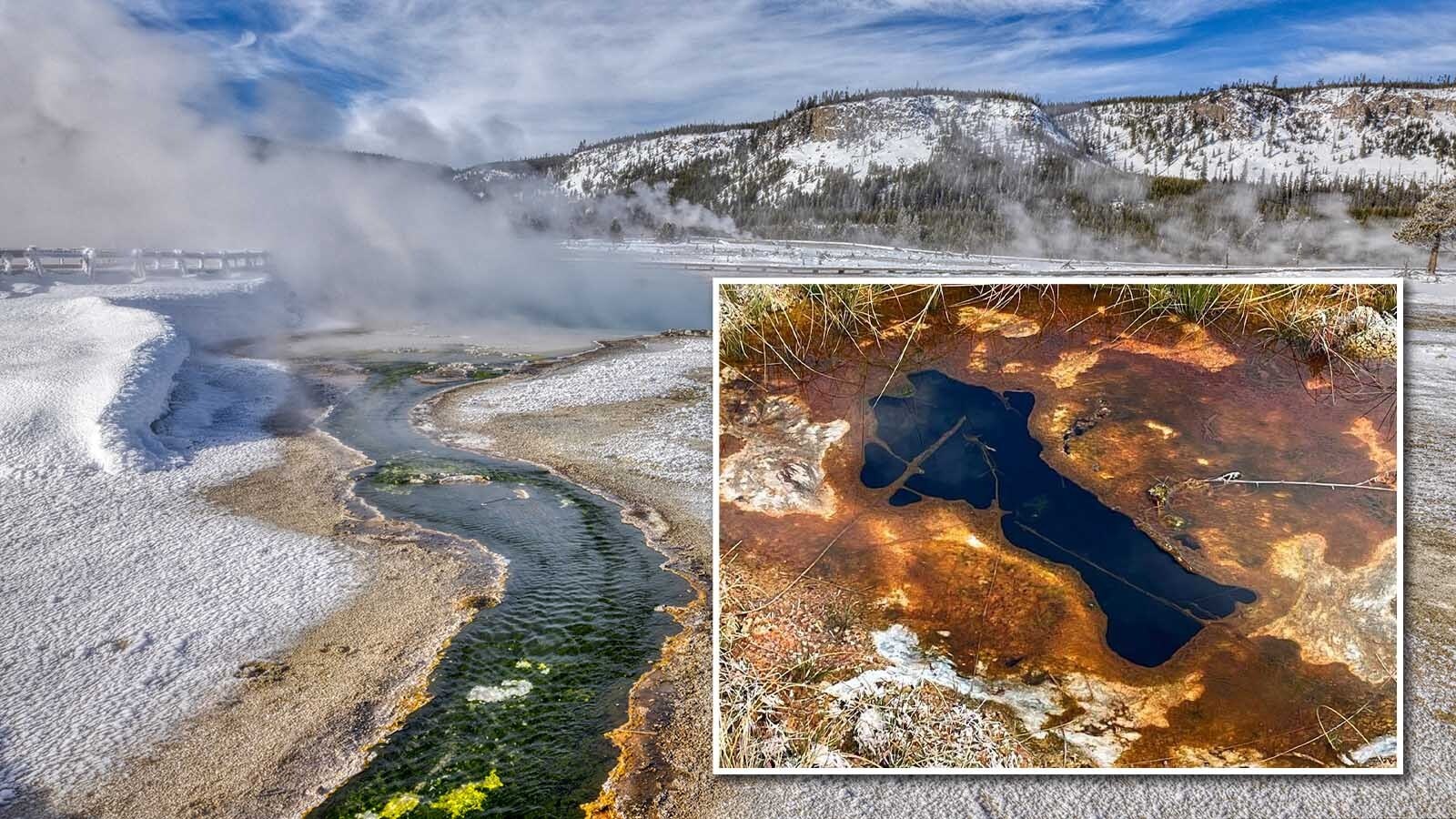A federal court Tuesday halted the planned roundup of 3,000 mustangs in southcentral Wyoming, including rare curly-haired horses.
The Bureau of Land Management plans to remove all free-roaming horses from the Great Divide Basin, Salt Wells Creek herds, along with a portion of the Adobe Town mustang herd.
A coalition of wild horse advocates and environmental groups filed a lawsuit in the U.S. 10th Circuit Court of Appeals in Denver to stop the roundup.
The court on Tuesday issued a ruling against the BLM, sending the case back down to district court for possible further proceedings.
“In sum, BLM failed to explain whether its decision achieves and maintains a thriving natural ecological balance on the public lands,” according to the 10th Circuit Court of Appeals ruling. “This renders its decision arbitrary and capricious because it failed to base its decision on the statutory requirement of the Wild Horse Act.”
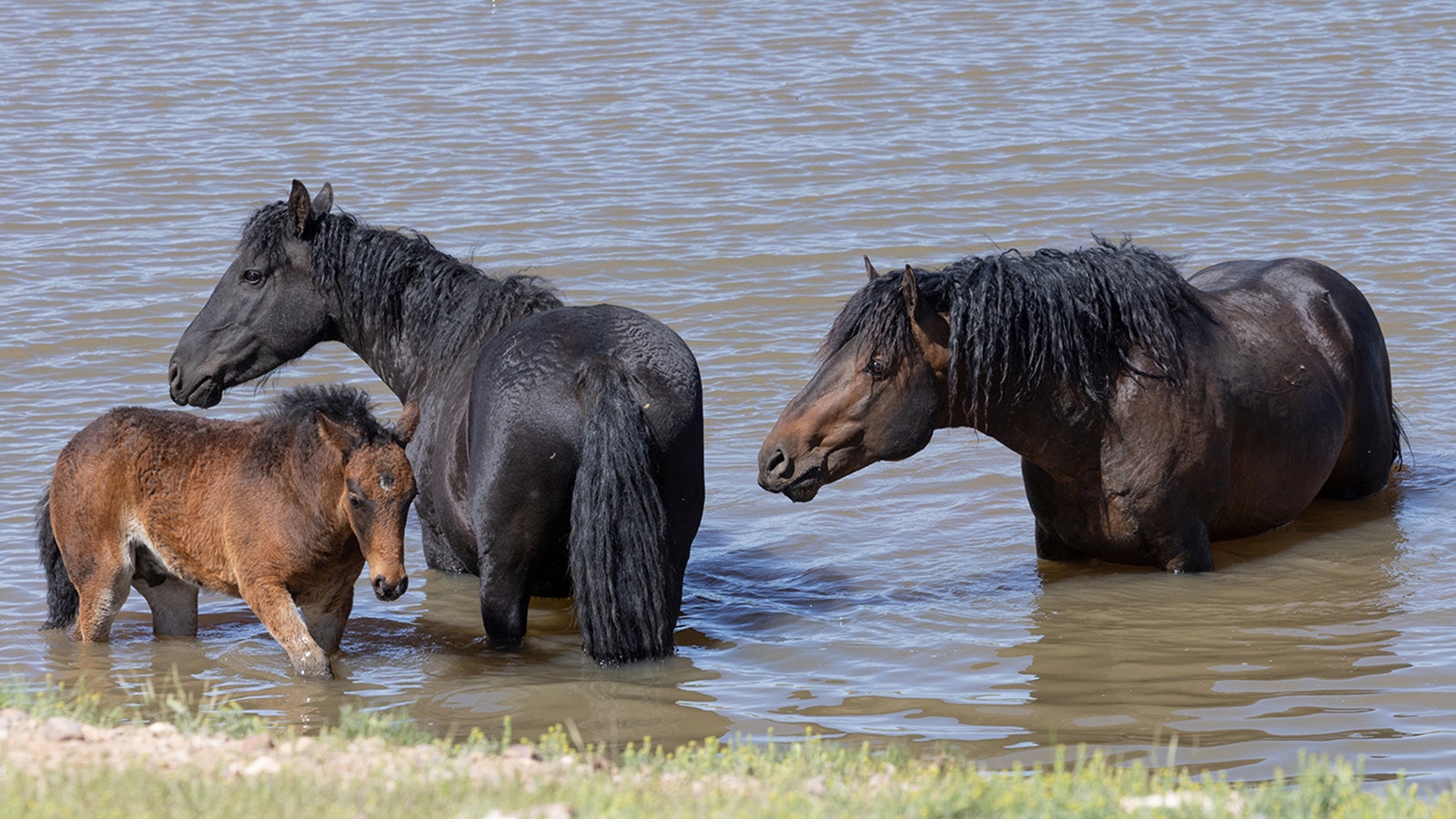
Mixed Reactions
The ruling drew mixed reactions from those with a stake in wild horse management.
Wild horse advocate Carol Walker is listed as a petitioner in the lawsuit and frequently photographs the Salt Wells Creek herd.
She told Cowboy State Daily that she was pleased with the decision.
“I am thrilled that the court found the flaws in the BLM’s plans to completely eradicate wild horses from these Herd Management Areas,” she said.
“These wild horses deserve to live wild and free in their homes on our public lands,” Walker added.
Wyoming legislator Rep. John Winter, R-Thermopolis, has been outspoken in his support for trimming the number of mustangs on the range in Wyoming.
He told Cowboy State Daily that he was disappointed by the court’s ruling to halt the roundups.
“We’ve got to manage them (the horses) and the roundups are the only way to do it,” he said.
BLM Says Area Not Suitable For Mustangs
From the BLM’s perspective, it’s become impossible to manage horse herds in that part of Wyoming’s vast Red Desert country.
The range that the herds occupy is in an area of “checkerboard” parcels of public and private land, according to the agency.
As the BLM drew up plans to manage horses there during the 1970s and early 1980s, the BLM entered into agreements with landowners, including their consent to allow a few mustangs to occasionally stray onto their property.
Herd management areas were created in that area after the Wild Horse Act, and they were created only with landowners’ consent, according to the BLM
However, from the landowners’ perspective, there were too many mustangs coming onto their property.
Landowners for years sued the BLM over the mustangs,
In 2010, the landowners legally withdrew their consent to allow mustangs on their property.
From the BLM’s perspective, the area is no longer suitable for managing mustang herds.
Advocates Say Fight Has Just Begun
In a statement issued Tuesday, a coalition of mustang advocates and environmentalists hailed the court’s ruling as a major victory.
“The court has made clear that the BLM cannot sidestep the law to appease special interests and eliminate wild horses from their rightful habitat,” said Suzanne Roy, executive director of American Wild Horse Conservation.
With the case headed back to district court, there’s still a chance that roundups could happen in the future, according to the groups’ statement.
“The ruling states that the BLM cannot ‘use the RMP (resource management plan) process to skirt its Wild Horse Act obligations,’” according to the advocacy groups.
“But it also leaves room for the BLM to attempt to revise and potentially reinstate its plan, underscoring the need for continued oversight and advocacy,” they stated.
Mark Heinz can be reached at mark@cowboystatedaily.com.


